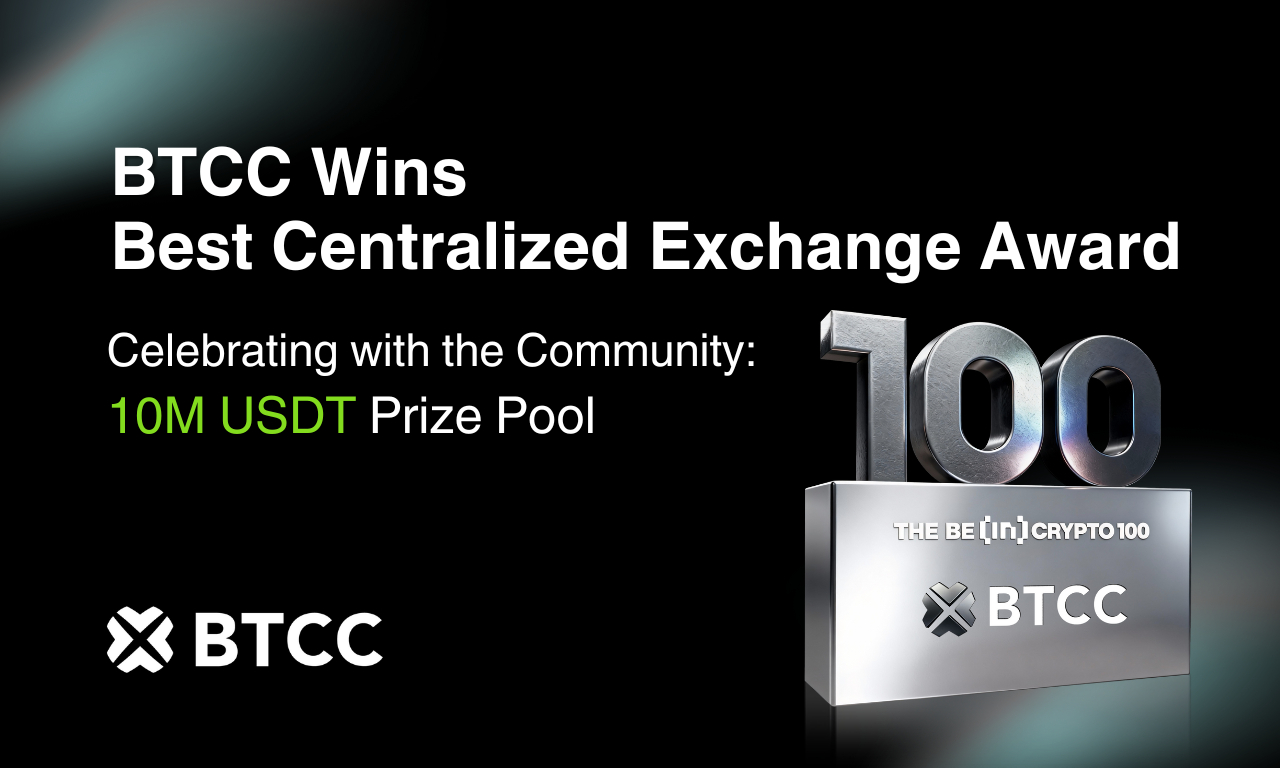Player Payout is an innovative approach to instantly compensating participants in online gaming tournaments. It leverages blockchain technology and smart contracts to process payments immediately using cryptocurrencies like ETH, MATIC, DAI, USDC, and more.
What is Understanding Player Payouts?
The e-sports industry is currently experiencing rapid growth, generating billions of dollars in revenue. Esports tournaments, with their increasing popularity and global viewership, attract significant sponsorships from VC firms, Fortune 500 companies, and major media networks.
However, one common challenge faced by e-sports tournament organizers is the delay in payments to players, which can last for weeks or even months. This delay is primarily due to the manual distribution of payments to each winner. Most organizers rely on traditional transaction methods like wire transfers, ACH Transfer, and paper checks, which are costly, time-consuming, and dependent on human resources.
To address these challenges, automated player payouts offer a potential solution for the esports community. By leveraging smart contracts and decentralized exchanges (DEXs), tournament organizers can automate the distribution of winnings and process them directly to the winner’s crypto wallet. This approach eliminates unnecessary transaction fees and encourages more organizers and players to participate in the Play2Earn gaming revolution.
What is the function of Player Payouts?
E-sports tournaments are massive global events that attract millions of competitors annually. Each tournament has a prize pool that is distributed among a select number of winners. Through smart contracts hosted on a blockchain network, organizers can customize and manage payouts based on each player’s performance in the tournament. Smart contracts also enhance transparency in the tournament’s structure and payout schedule.
Let’s consider an example to illustrate how an Ethereum-based smart contract for an esports tournament operates (the same process applies to tournament contracts deployed on the Polygon network or any other smart contract ecosystem).
The Ethereum blockchain relies on a network of computers called nodes, which continuously validate and record all transactions. Tournament organizers begin by configuring the payout distribution, determining the number of players to be paid and the percentage of funds each placing will receive. The tournament smart contract is then deployed on the Ethereum blockchain.
The prize pool typically consists of player entry fees and sponsor donations, which are held in escrow as the tournament progresses. To initiate the player payout process after the tournament concludes, organizers require a small amount of ETH to activate the smart contract-powered payments. As players meet the ranking requirements, the defined transactions are executed and recorded on the underlying blockchain. Since there is no involvement of third parties, tournament winners receive their payments almost instantly and at a minimal cost.
Who is the author?
Chris Gonsalves is the CEO and co-founder of CommunityGaming.io, New York City’s largest esports events company and automated tournament platform. Chris is a passionate gamer and tech enthusiast with nearly a decade of experience in finance and a deep understanding of blockchain technology. He educates gaming companies on the various use cases of blockchain technology to address real-world issues.
Chris holds a bachelor’s degree in Economics and actively participates in the crypto gaming community. Leveraging his knowledge of the esports industry, competitive gaming, and social gaming, Chris is reshaping the gaming industry by combining blockchain payment technology with tournament automation.
Connect with Chris on Twitter.














